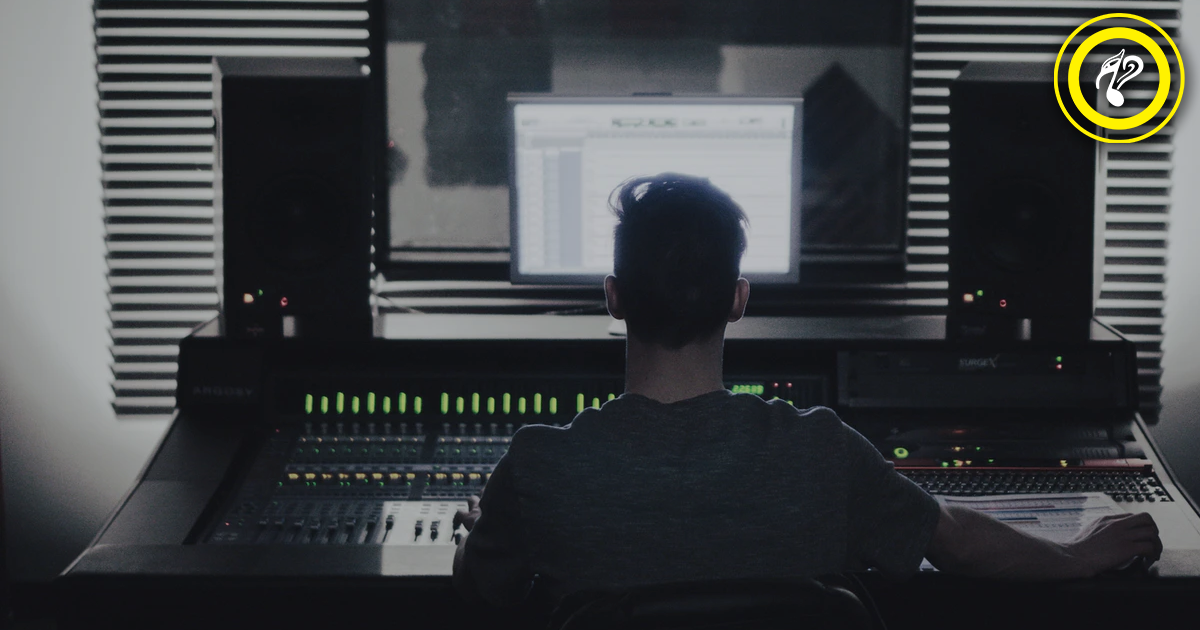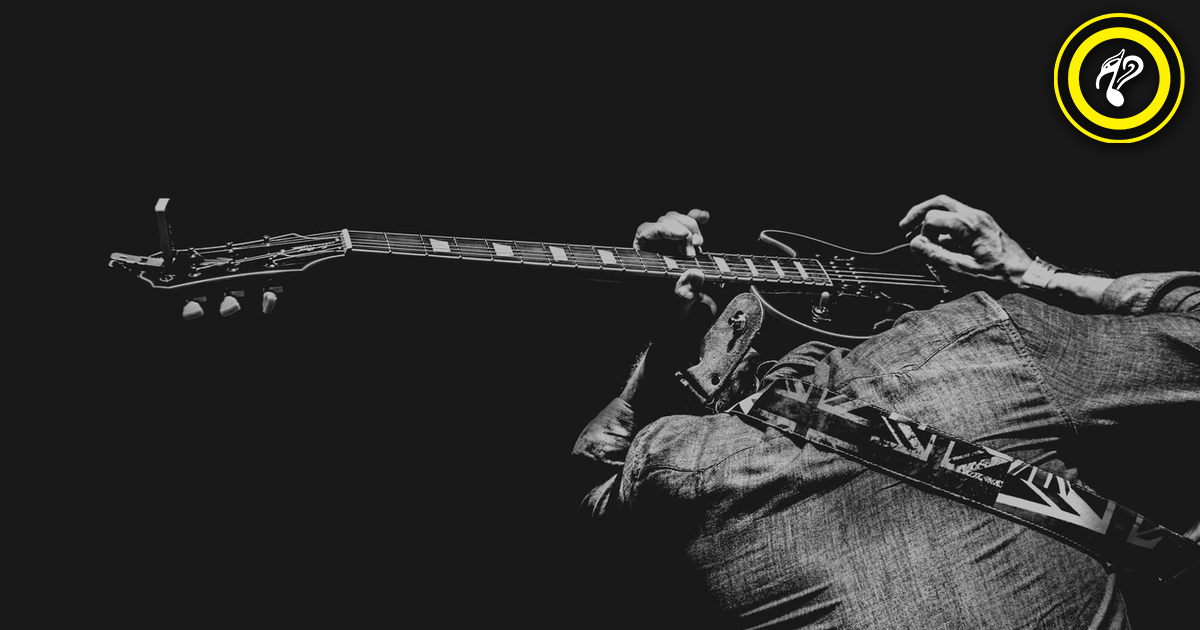Do you need to go to a music school to be a good musician?
Short answer, no, but it will give you a better chance of being successful at your job.

Like any profession, music requires talent, discipline, and knowledge, which will be developed throughout a lifetime. A prepared musician will be able to overcome obstacles faster and better than someone who isn’t, but there are exceptions. Mark Zuckerberg and Bill Gates abandoned their careers at Harvard to found 2 of the most successful companies worldwide: Facebook and Microsoft. Talking about music, we also have examples.
The Beatles are known for being lyrical musicians (without formal studies), and let’s face it, even though they had a giant like George Martin (a highly studied and trained professional) supporting their productions, they were very hard-working people. The stories Paul McCartney frequently shares about crossing all of Liverpool just to meet someone who had a single chord that they didn’t know is an example of their discipline and commitment.
Back to the topic, rather than studying at a school, the key factor is to create a work ethic with discipline, ambition and a constant look-out for experiences as its bases. Being static goes against creativity while filling yourself with new knowledge broadens your horizons.
This goes along with this blog’s objective: Sharing informative articles about music, where we try to tackle all the related topics and recommend videogames that improve hearing, analysis, memory, and musical intelligence, such as Talent Hunter, Music Puzzle JigSaw and Memory.
But let's go back to the topic for today and let's tackle the four areas of music:
The intuitive part: Many consider this as the most important thing and even though it’s a crucial part, it’s still debatable. Intuition doesn’t always stick to the rules, rather to instincts. Throughout history, we’ve had musicians with a remarkable intuition such as José Alfredo Jiménez or Jimi Hendrix, none with formal studies, but do having an innate skill for music understanding far greater than your average person, a lot of hard work and practice.
The handling element: Everything that involves playing an instrument. The greatest have mastered this part, understanding everything that implies a clean and emotional execution. Once you know an instrument thoroughly, your comprehension will shine once you get to write for it. For example, if you compose for horns (instruments that are played by wind), you have to take breathing into consideration. Also, it’s important to know that certain note jumps and a strong tempo in metal instruments can yield unconvincing results.
It’s impossible to know how to play all the instruments of an orchestra, but if we’re going to write for one it’s necessary to understand them to know how to make the best use of the possibilities they offer. Lastly, for a clean writing, we must put ourselves in the place of the instrumentalist. To do so, we need to become one first.
The listening part: Listening and concentrating on the music you’re hearing. Most lyrical musicians guide themselves with hearing and intuition. Once they compose something that clicks with their intuition, they’ll most likely keep it. It’s not that different from graduated musicians, but they smooth their material with theoretical and technical knowledge.
The thinking element: This involves the theory, formulas, and rules to be met or broken depending on the needs of each piece. It also carries one of the most important factors in making a good piece of art: consciousness. Being aware of the decisions you make about your music will give an ordinary composition some needed quality.
Having harmony with these four elements will allow our music to reach a high level of professional and artistic value because no creative decision will be made at random. Instead, it’ll go through a series of filters to determine if it’s essential, emotional, and worth enough to be inside of our rooms.
Playing with feeling
Playing or composing with passion isn’t as simple as just thinking about an emotion and then seeing it manifest itself when playing the instrument. This involves a deep knowledge of scales, mastery of your instrument, recognizing the time to accompany or be in the front at ensembles, and comprehending the importance of soft playing or even remain silent to create tension. It’s possible to acquire all of this through experience and trial and error, but having someone who’s gone a long way as your teacher is a big help to improve your musical understanding and hone your craft.
The limitations of lyrical musicians
Lyric musicians can have a better chance at succeeding when composing in tonal harmony, something rather difficult, as someone who ventures into creating lyrics and composition, understands the needs to make an interesting and consistent narrative. Using contrasts, climaxes, valleys, and chord progressions, they can create and resolve tense in a single song.
These elements may be comprehended through listening to music and using several formulas seen in various popular songs throughout the music industry. An example of this would be the inclusion of hooks (whose function is to trap the listener) or the intuitive creation of a balanced and interesting melody.
But what if you need to create an orchestration or a music sheet for your musicians? What if you want to create music for a scene or even try to use an unconventional harmonic system (non-tonal systems) to get variety in your creations?
In these scenarios, most lyrical musicians will find themselves limited as they need the support of a professional team to solve these issues. This will become a significant investment if you lack the knowledge.
To properly write and read music you need practice and understanding of the solfeggio. To compose for an orchestra you need to comprehend the registers, articulations, combinations and effects of each instrument. Sometimes the tonal system is not enough (Tonal System) and you have to improvise.
To compose and give your music a unique sound, it’s imperative to know and study the composers before you. That way, if you run into a wall, you’ll be able to overcome it with your knowledge.
I don’t consider formal study a requirement for a successful career, but the opportunities will grow larger with it.
Also, job opportunities get bigger, as you’ll be able to not only write songs but also orchestrate, do musical preparation, arrangements, recording, mixing, teach or be a session musician and even tour with your band or another artist. The more tools at your disposal, the better opportunities you’ll get. This will greatly broaden your horizons and deepen your understanding of music, so you’ll be able to know all the careers available for you.
The importance of having a degree
This is something rarely spoken of and often taken as non-essential. When getting invited to play or make orchestrations, it’s true that a degree is rarely a requirement. Getting a call for a project relies heavily on your reputation, for the most part. However, musicians often act as freelancers, with an irregular and even unknown income.
Unexpected situations such as the current COVID-19 can damage freelancers greatly, that's when we want the most a steady job. The good news is that there are safer jobs like teaching in institutions. The bad news is that you’ll most likely be asked for a degree to prove you’re up for the task. Additionally, the higher your degree of studies is, the higher the educational degree you’ll be able to teach, which translates into better profits.
Debating whether someone can share knowledge in a better way without the need for that pesky degree or not isn’t the purpose of this article, but I’d agree with that statement.
In conclusion
Generally, music and art are difficult professions. Sometimes filled with a lot of uncertainty and even the most renowned musicians get in serious financial trouble when lacking a fixed income.
Constant preparation will always equal greater chances. If you are someone disciplined, curious with a thirst for knowledge, and invest time and money in your passion, I’m sure you’ll have a good trajectory in this industry or any other.
What are your thoughts? Is it best to have a formal education or you think it’s unnecessary?
Tell us your experiences!
References:
https://en.wikipedia.org/wiki/Bill_Gates
https://de10.com.mx/top-10/2018/01/01/10-personajes-que-no-acabaron-la-universidad-y-cambiaron-al-mundo
If you enjoyed the article, you'll love these games:









